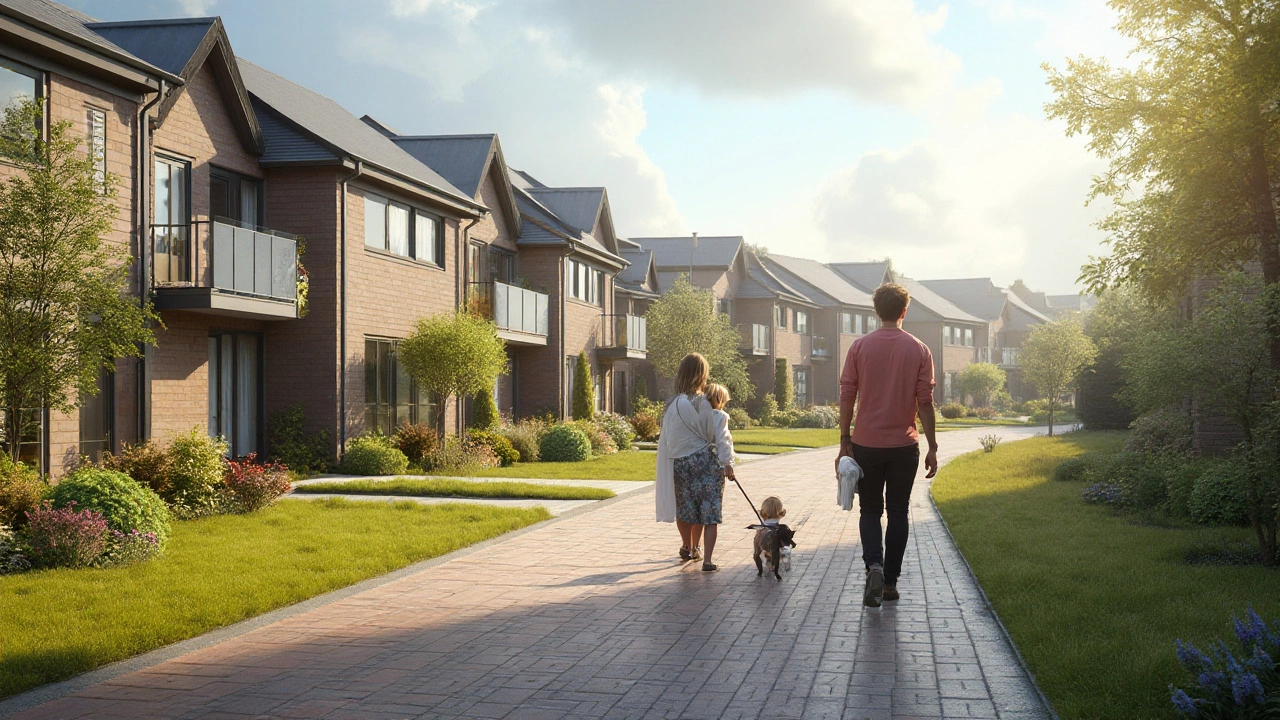Durability: The Secret Behind Buildings That Last
When a house or office stays solid for decades, durability is doing the heavy lifting. It’s not just about picking the cheapest option – it’s about choosing materials and methods that won’t fall apart after a few years. In everyday life, you notice it when a floor doesn’t scratch after moving furniture or a roof survives a harsh storm without leaking.
What Makes a Material Durable?
Durable materials share a few simple traits: they resist wear, they handle moisture, and they stay strong under load. Think of concrete that doesn’t crumble, timber treated to fight rot, or flooring that keeps its finish after countless footfalls. The key is how the material reacts to stress over time. For example, the right cement mix can stop foundation cracks from spreading, while a quality tile resists chips in high‑traffic zones.
Another factor is installation quality. Even the toughest material can fail if it’s laid incorrectly. That’s why a skilled crew matters as much as the product itself. A proper foundation pour, the right bonding agent for tiles, and careful sealing around windows all add years to a building’s life.
Practical Ways to Boost Durability on Your Project
Start by matching the material to the environment. If you live by the coast, choose corrosion‑resistant steel and water‑proof membranes. In colder regions, opt for insulated concrete forms that handle freeze‑thaw cycles. Next, ask about product warranties – a longer warranty usually signals confidence in durability.
Regular maintenance is a low‑cost way to extend life. Simple actions like cleaning gutters, resealing grout, and checking for early signs of moisture can prevent costly repairs later. When you spot a small crack in a foundation, addressing it early with the right cement mix can stop a big problem.
Finally, consider the life‑cycle cost, not just the upfront price. A slightly pricier floor that lasts 20 years beats a cheap option that needs replacement in five. Same goes for roofing, windows, and even plumbing fixtures – durability translates to fewer calls to the plumber and lower bills over time.
Our tag page gathers articles that dive deeper into these topics. Read about the best flooring for new builds, how to pick the right cement for foundation repair, and what raw materials drive long‑lasting construction. Each piece gives you clear steps you can apply right now.
Bottom line: durability isn’t a buzzword; it’s the foundation of smart building. By choosing the right materials, hiring experienced installers, and keeping up with simple maintenance, you’ll get a structure that stands strong for years to come.

